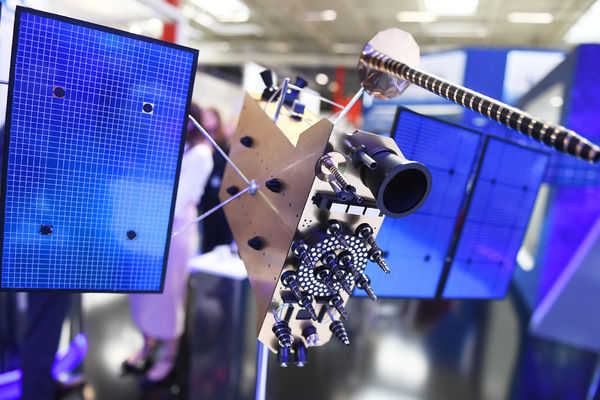So, the launches of the Glonass-M, Glonass-K navigation satellites and the first promising Glonass-K2 spacecraft have been postponed to 2022
MOSCOW, February 26. /tass/. Roscosmos has postponed about 10 space launches since 2021. This was announced by the Director General of Roscosmos Dmitry Rogozin in an interview with the magazine "Russian Space".
"If we talk about the area of responsibility of Roscosmos, about ten launches did not take place. Among them, the sending into orbit of the radar "Obzor-R", the meteorological satellite "Meteor-M", small spacecraft "Ionosphere", - said Rogozin.
According to him, the launches of navigation satellites Glonass-M, Glonass-K and the first promising Glonass-K2 spacecraft have been postponed to 2022. At the request of a foreign customer, several launches with British OneWeb communications satellites have been postponed.
The launch of the Luna-25 automatic station has also "moved" to 2022, which marks our return to the research of the Earth's natural satellite," the head of Roscosmos said.
Rogozin noted that in 2021, Roscosmos completed the configuration and assembly of the flight sample of the interplanetary station and conducted a large amount of ground-based experimental testing. "Now we are continuing electrical and radio engineering tests and testing of on-board software. The launch is planned from the Vostochny cosmodrome in the period from May 25 to October 19," he said.
According to the head of the state corporation, the year 2021 was quite successful for the space industry. "25 launches of space rockets have been successfully carried out from four cosmodromes: from Baikonur, from Vostochny, from Plesetsk and from the Guiana Space Center. The trouble-free series continued (at the time of the interview, 79 trouble-free launches were made in a row). This is a record for the recent history of Russia," Rogozin said.

